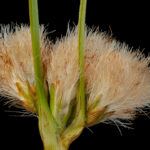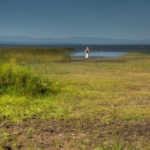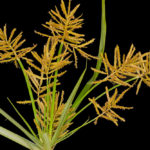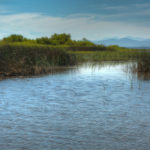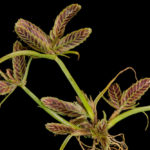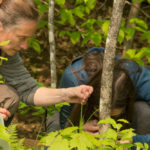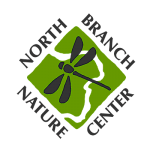Wetland Sedges: An Ecological Introduction
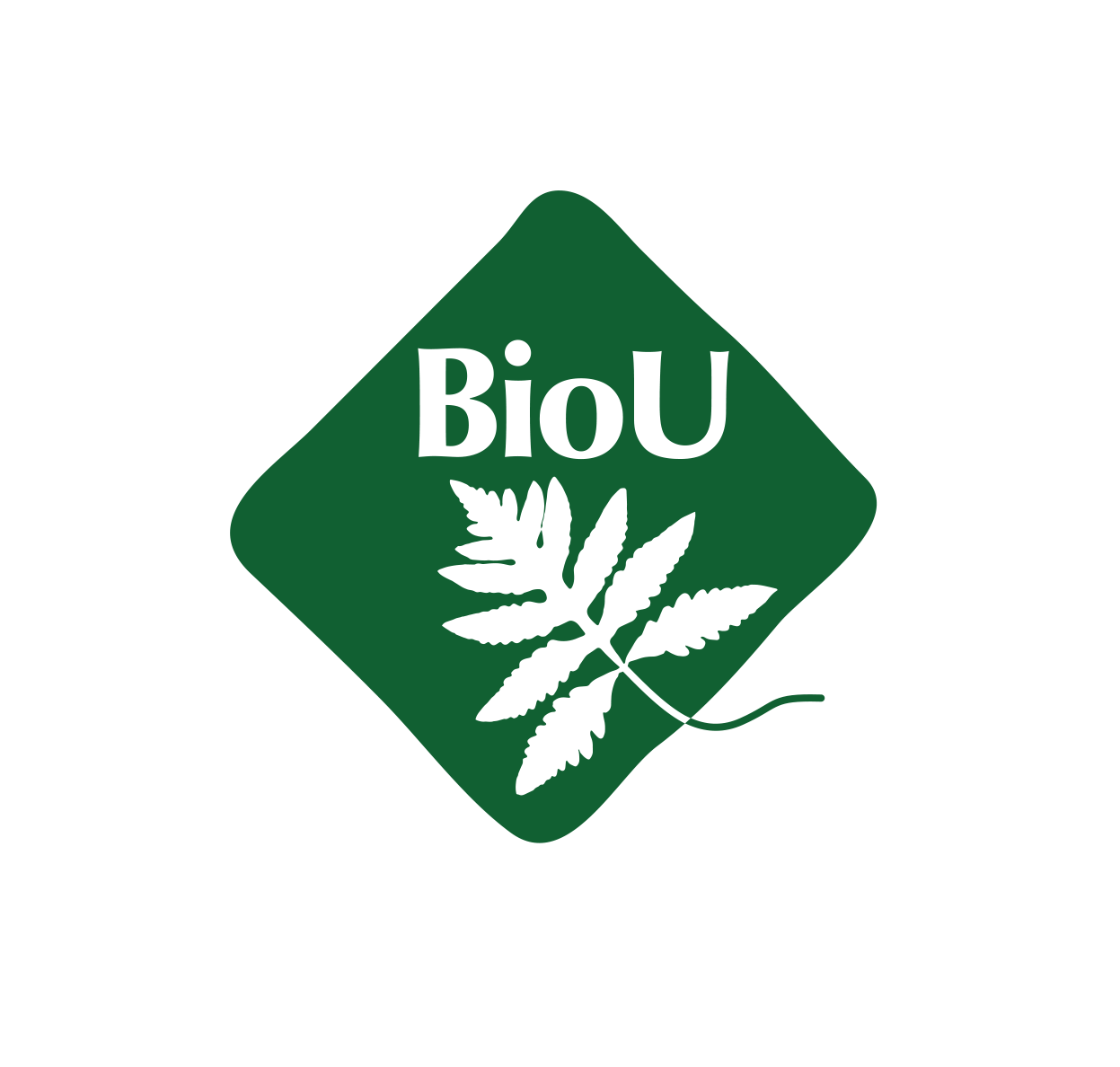
Instructors: Jerry Jenkins and Brett Engstrom
August 14 - 15, 2021 | $265
Course Size: 12 Students
Please Contact Us to request scholarship assistance
A
Course Goal
To learn the five major late sedge genera and the twenty commonest species of marshes and shores.
About the Instructor(s)
Jerry Jenkins, from White Creek, New York, was trained in philosophy and mathematics, and has done botanical work 54 years. He has free-lanced in botany and ecology, worked as a researcher for the Wildlife Conservation Society, and currently produces books and imagery for the Northern Forest Atlas Project. He has written books on Vermont geography, acid rain, climate change, conservation easements, Adirondack geography, and three photographic guides (Woody Plants, Sedges, Mosses) and accompanying digital atlases for the Atlas Project. We will use the sedge guide and digital atlas in the course. He is currently working on a full-length field guide to woody plants and a book on ecological patterns.
Brett Engstrom is a botanist and field ecologist from Marshfield, Vermont. He has thirty years of field experience in the northern forest, and is an expert in grasses and sedges. He provided ecological information and helped edit the Northern Forest Atlas woody plants and sedge guides, and is currently working with Jerry on the Atlas’ grass guide.
Required Materials and Recommended Reading
Texts: we will use Sedges of the Northern Forest (J.J., Cornell University Press, 2019), the Digital Atlas of Northern Forest Sedges (Northern Forest Atlas, 2019; available for free download from northernforestatlas.org. We will have copies of Sedges of the Northern Forest for use or purchase.
Meals
Due to continued concerns around COVID-19, meals and beverages will not be provided this year. We ask that you please bring your own food.
Timing
Course begins 9 AM on Saturday at NBNC. Course convenes on Sunday at a time of the instructor's choosing. Course concludes by 5 PM on Sunday.
Academic Credit / Professional Development
This course qualifies for 1 graduate-level science credit for an additional $150 course fee. All BioU courses are accredited by Castleton University. It is the student’s responsibility to ensure that home institutions will accept the credit. Participants pursuing academic credit will be required to complete an additional assignment above and beyond the course hours, including literature review, reflective writing, or a field-based project.
This course qualifies for 20 hours of professional development hours and continuing education units. Certificates of completion are provided at the conclusion of the course.
Cancellation Policy
While we realize that unexpected circumstances arise that are out of our control, North Branch Nature Center cannot guarantee refunds for registrations cancelled within 30 days of the course. If a cancellation occurs within this window, NBNC will attempt to fill the space from our wait list and provide a full refund. If the course needs to be cancelled within 30 days of the program, NBNC will provide a full refund. If you need to cancel due to concerns related to COVID-19, a full refund will be provided up to 48 hours before the course.
